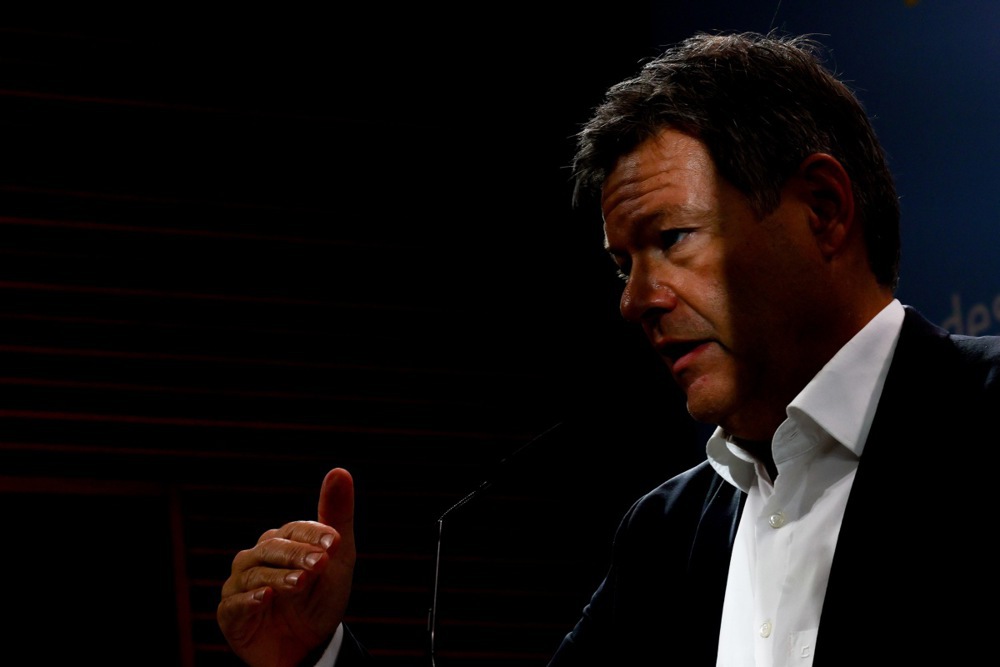France’s fertility rate has dropped to the lowest level since 1918, with only 663,000 babies born in France in 2024.
This was 21.5 per cent fewer than in 2010, and a further 2.2 per cent drop from 2023, said France’s National Institute of Statistics and Economic Studies (INSEE) in a January 14 report.
“The total fertility rate was 1.62 children per woman in 2024, after 1.66 in 2023. Since the end of the First World War, this indicator had never been so low,” said the national statistics institute.
In 2023, President Emmanuel Macron launched a new campaign to boost the country’s declining birth rate, promising an overhaul of parental leave and assistance to those requiring fertility treatment.
This campaign so far, though, appears to have failed, and the historic downward trend has continued.
On January 1, 2025, France had 68.6 million inhabitants, reported the INSEE. This means a population increase of 169,000 people, or 0.25 per cent, compared to 2023.
Of these, 66.4 million lived in mainland France, with 2.3 million in the overseas territories.
On the other end, 2024 saw 646,000 deaths in France, a 1.1 per cent increase compared with 2023. The increase is due to the baby boom generation growing older, and reaching ages with higher mortality rates.
Life expectancy at birth remained stable at historically high levels: 85.6 years for women and 80 years for men.
The natural population growth (births minus deaths), however, was only +17,000 in 2024, the lowest level since the end of World War II.
On average, women were 31.1 years old when giving birth, up from 29.5 twenty years earlier.
A national fertility rate of only 1.62 children per woman, or 23 per cent below the replacement level, may have serious consequences.
If that number held, it could lead to dramatic population decline, with the population shrinking by more than 50 per cent after three generations, if there were no immigration.
Within one generation, between around 25 and 30 years from now, France’s population will shrink to around 53 million, on current rends.
A generation later this would stand at around 40 million, and by the third generation, 75 to 90 years from now, France would be left with only around 30 million inhabitants.
The numbers are even starker in the rest of the EU, where in 2022, the average children per woman stood at 1.46.
Germany, with 84 million people has a fertility rate of only 1.35, meaning each generation is only replacing about 65 per cent of itself.
Without immigration, Germany’s population would decline to approximately 55 million after one generation (roughly 30 years) – a decrease of about 35 per cent.
After two generations, there would be around 35 million Germans, and after three, only 22 million.
In Spain, the fertility rate stood still lower, at 1.16 in 2022.
With a current population estimated at 47 million, Spain can expect its population to drop to around 26 million people in 30 years, ending up with fewer than 8 million people in 90 years. This would be a drastic decline of over 80 per cent of its current population.
“Over the last two years, the decline in France has been more pronounced than in the majority of European countries,” the National Union of Family Associations (UNAF) told French newspaper Le Figaro.
People in France worry about the economy, real estate issues, and the future in general, said Cécilia Creuzet, co-founder of May, an app that allows parents and future parents to talk to perinatal specialists.
“Since 1975, women’s labour force participation has increased dramatically, but at the same time, they continue to take care of everything else at home… In our chat, women tell us how much it impacts their desire to have a child!” she told Le Figaro.
Creuzet also pointed at lack of childcare solutions for people, saying one-third of users would have more children if they had greater assistance in caring for their children.
Fears of the climate crisis also reduced many people’s desire to have more children, she said.
Other issues came from high societal pressure and growing individualism, Creuzet noted.
Couples of childbearing age say they want 2.27 children, well above the replacement rate, say surveys.
The low fertility, it would follow, is more due to a lack of support for prospective parents, rather than individual wishes.
In the 1990s, France received a boost to its birth rates. amid a successful, comprehensive policy designed to encourage growing families.





